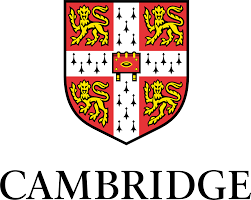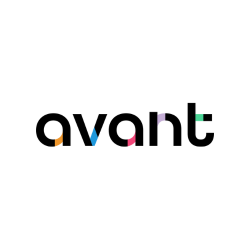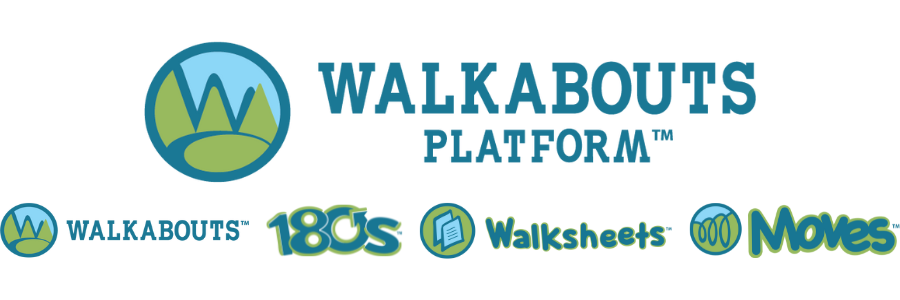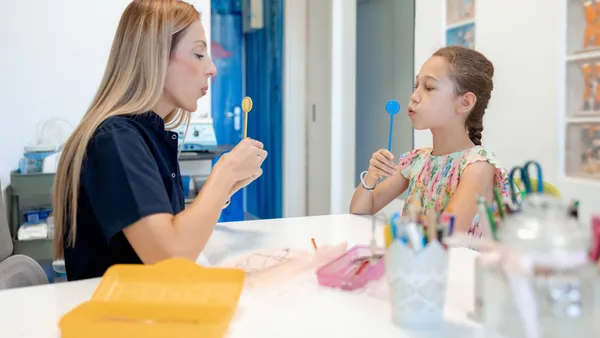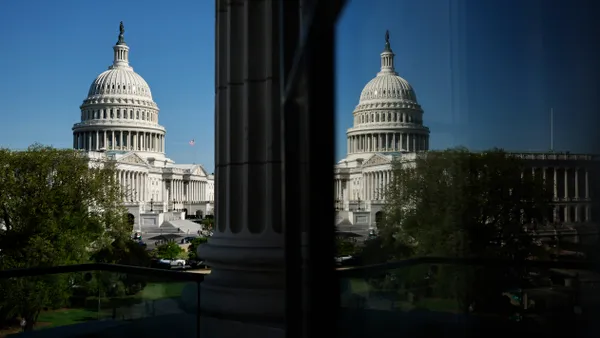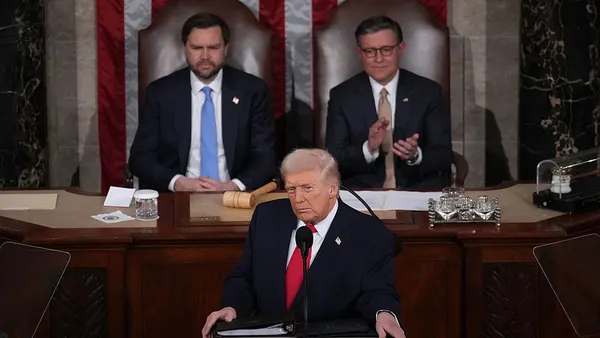Dive Brief:
- In a piece for Slate, journalist Lisa Guernsey and tech expert Michael H. Levine explain that apps labeled as "educational" in app marketplaces are often anything but.
- Few apps are labeled with enough detail to help parents or teachers differentiate between what might help a three-year-old versus a seven-year-old or lack a grounding in research on reading development and literacy.
- For example, in a study of education apps available through Google, Apple, and more, Levine’s colleagues found that there was little connection between the apps recommended by experts and those that are most popular.
Dive Insight:
The article, which is primarily focused on parents, also urges caution from educators and their supervisors. While educators are likely to have more grounding in students’ learning needs and development, Guernsey and Levine write that “the marketplace is teeming with early literacy products that are disorganized, mismatched, and missing labels that could help consumers make better choices.” The app marketplace, they write, is essentially the “digital wild west.”
They recommend that app stores do more to require that apps labeled “education” actually support learning and that educators and parents take their promises with a grain of salt. “Apps can’t make up for the social interactions, content knowledge-building, and storytelling that parents and educators can and should be doing with children every day,” they write.





